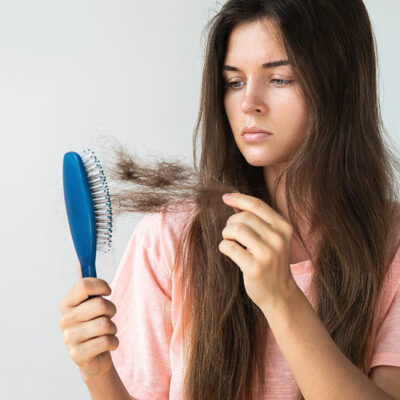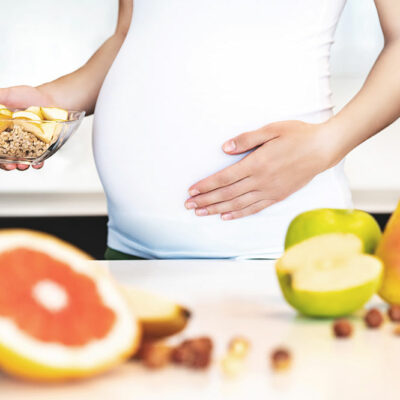
01
Pros and cons of automated investing
Automated investing services, or Robo advisors, have become ubiquitous in the present times. Many financial service companies now have their own automated investing services. There’s no doubt that the introduction of Robo advisors has made investing an accessible financial option to many. However, automated investing has some disadvantages as well. So, before you decide to opt for the best automated investing service, have a look at its pros and cons. Pros of using Robo advisors Low fee Low management fees are one of the biggest advantages of opting for a Robo advisor. Big names in the finance industry such as Charles Schwab Corp.’s Intelligent Portfolios offer Robo advisors for free, while some financial institutes such as Betterment and Wealthfront charge a low 0.25% as a management fee. High-quality investment portfolios Algorithms used in some of the best automated investing services such as the ones provided by Betterment are backed by Nobel prize-winning investment models. These models are created to offer the greatest return on investment for the smallest risks. Access to a financial advisor Many traditional financial services companies now use Robo advisors to select assets for their client’s investment portfolios. This allows them to offer their clients financial advisers that can help them with taxes, loans, and any kind of financing or investment.
Read More 










